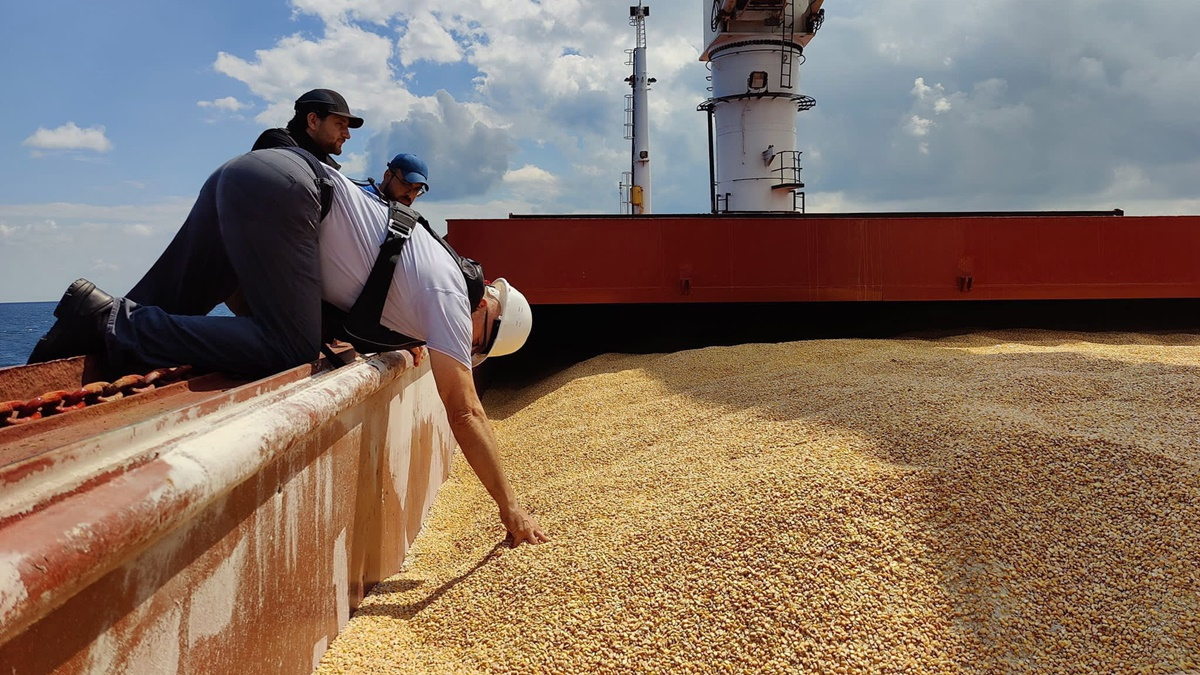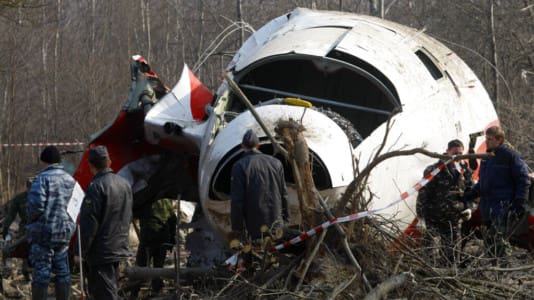The Czech Republic has no plans to ban imports of Ukrainian grain and other Ukrainian agricultural products for the time being, Czech Agriculture Minister Zdenek Nekula said in Prague on Monday. The minister believes that the import bans introduced by Poland, Hungary and Slovakia are contrary to the functioning of the EU single market and the World Trade Organization (WTO) rules.
As Remix News reported earlier, over the past few days, Poland, Hungary and Slovakia put in place bans on cheap Ukrainian grains and other agricultural produce in order to protect local producers.
Last year, the Russian naval blockade of Ukrainian grain shipments caused global grain prices to rise by 60 percent in three months. The food crisis was mainly a concern for poorer countries in Africa and Asia, so Western countries have used every means possible to get supplies out of Ukraine.
[pp id=72940]
Countries neighboring Ukraine, including Hungary, set up solidarity corridors to transport grain to EU ports by boosting rail transport capacity. At the same time, the European Union abolished import tariffs against Kyiv, resulting in Ukrainian crops flowing freely into Europe at depressed prices.
Ukraine’s grain imports to the EU were 287,000 tons in 2021, rising to nearly 2.9 million tons in 2022.
“I discussed the issue of imports of Ukrainian agricultural products with European Commissioner for Agriculture Janusz Wojciechowski at the end of the week. He clearly confirmed that these unilateral bans are unacceptable and the issue will be discussed by the ministers on April 25,” said Nekula.
Responding to a journalist’s question, Czech Prime Minister Petr Fiala, who is on a tour of Asia, said that for the Czech Republic, the issue was not as intense as for countries bordering Ukraine.
“The countries neighboring Ukraine have taken action because Ukrainian products are significantly lowering prices for them and are competing with their agriculture,” he told journalists.
The situation in the Czech Republic is different, he said. “We are taking steps that can bring prices down, and in doing so we are doing a service to our population,” Fiala added.
At the same time, the Czech Republic has tightened controls on food entering and passing through the country to detect any problems.






